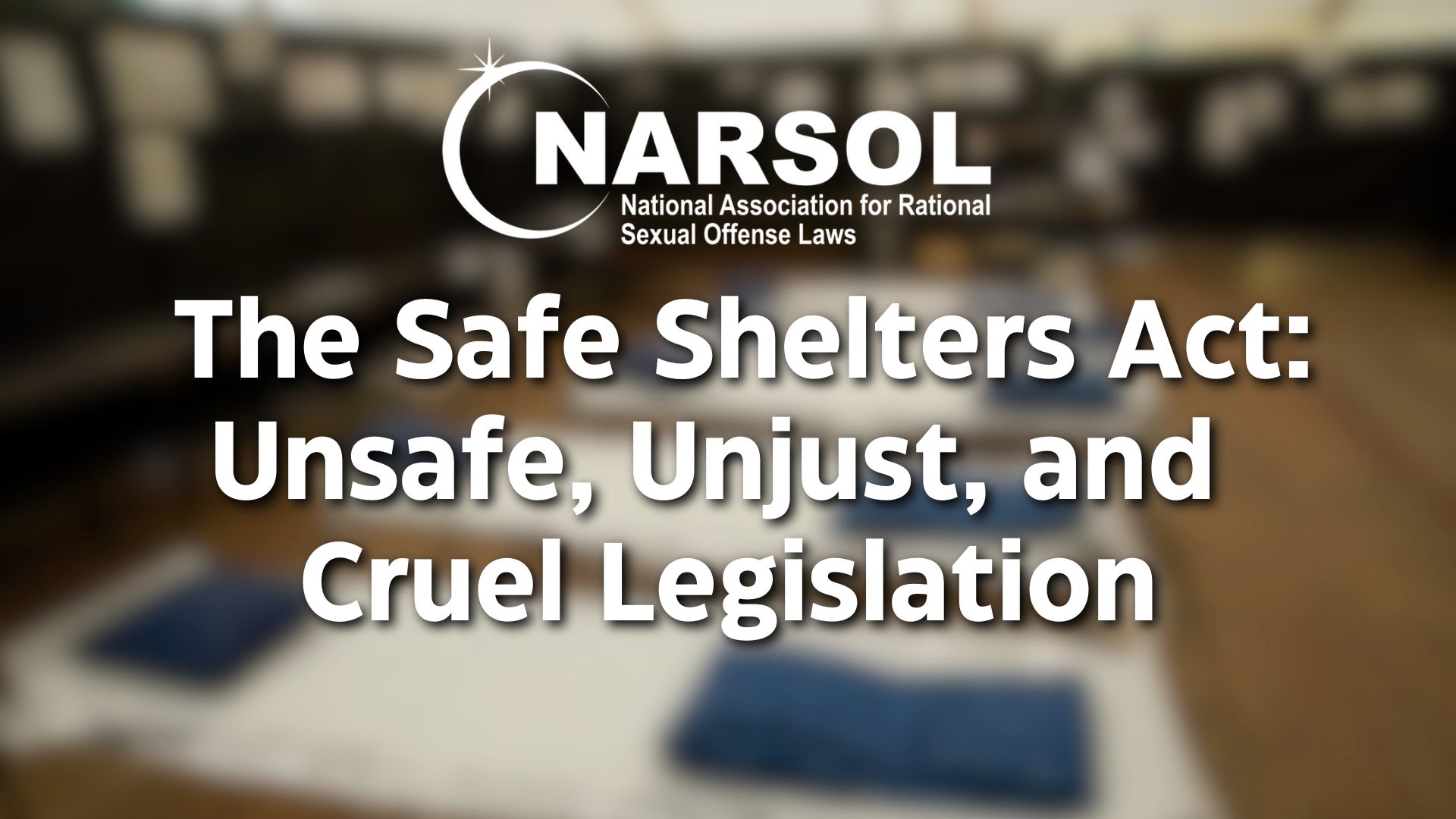“I’m a child rapist” — a story in four parts: Part II
See also: Part I – Part III – Part IV
Part II: The seeds of the man are planted in the child
We would all love for life to be simple. You’re a this, and he’s a that. She is white, and he is black. Up is up, and down is down. But it just isn’t that simple, that clear, that black and white. People are not just this or that; they are many things. Rather than being good or bad people, they are people who do good and bad things. I tell people all the time that we all suffer from the same condition — the human condition. All have fallen short, not just some. And as soon as we can all agree that we don’t need to put people in a box, label them, lock them up out of sight, and make it all a them or us scenario, the better off we will be.
The sooner that we have conversations about sexual abuse, from the perspectives of both victims and abusers, the sooner we will all heal. The sooner we can learn to lean into these messy conversations, the much better off we all will be. And this is where restorative justice can help; it comes with a built-in framework for leaning into the messy, hard conversations. Accepting the principles of restorative justice establishes a cornerstone on which to build.
My story is unique, yes, but truthfully probably not so much different from many others and perhaps not so different from the story of some of you reading this. I can’t, and I won’t, be defined by just one label, one act, one diagnosis, one upbringing, or any single terrible act or acts. I believe you must look at the totality of life, the movie if you will, rather than a single snapshot, to take the measurement of a man.
When I die my gravestone will bear three indicators: The year I was born, the year I die, and a dash to separate them. The dates are only snapshots; the dash is the movie. It represents the entirety of the life for which I want to be known.
I believe that every life has value, no matter how far it has fallen, and if we are not restorative in our justice, then we condemn those who offend without hope and, in doing so, lower our collective humanity.
I was born in 1962 in the south but grew up mostly in the north; I’ll be 57 this year.
I was the middle child of eight; there were four boys and four girls. With my mom, dad, and my maternal grandmother, that made eleven of us living together.
My father was an alcoholic; he verbally, physically, and psychologically abused my mother, myself, and all my siblings.
I have either first hand knowledge or very strong evidence that I, my father, two brothers – one older and one younger — and three sisters – two older and one younger – were all either sexually abused, sexual abusers, or both. I am sure of these seven of the eleven and would be surprised if more were not also.
Only one incident ever came to family light, and that was me abusing my younger sister, for which I was beaten by my father so badly that I wet myself in fear, was battered and bruised, and suffered a dislocated tail bone from being viciously kicked by my father. This incident never came to public light, and neither my sister nor I were ever offered help, presumably due to fear of exposure for the entire family.
My first love in life was my four-years-older brother, and this was not brotherly love but romantic love. My brother started as my abuser and introduced me to the abuse of two of our sisters, one younger and the other one year older than I. I still have a very difficult time talking about my brother; he committed suicide in June of 1991, due to, I am sure, the physical and sexual abuse he received at the hands of our father and his inability to overcome his demons. He was an addict as well, which certainly contributed to his desperation.
I was sexualized at a very young age, approximately six to eight years old. I learned very early on that love meant sex and that being sexual was synonymous with love.
I’ve struggled with drugs and alcohol most of my life but don’t have an addictive nature so have never been seriously addicted. I no longer do drugs and drink only very seldom socially.
As an adult, I’ve had a very hard time not sexualizing my relationships because to me sex and love were the same thing. And yes, I have this difficulty with both my adult relationships and relationships with the children that I love.


